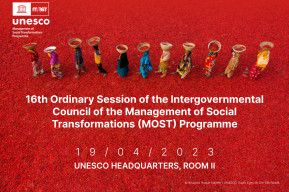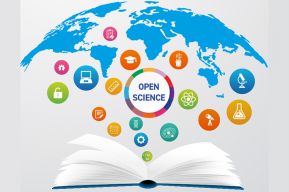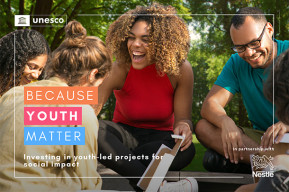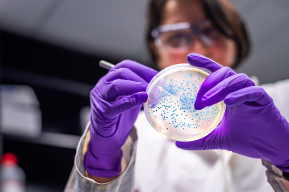News
Women-led research teams receive unique catalyst grants for climate action
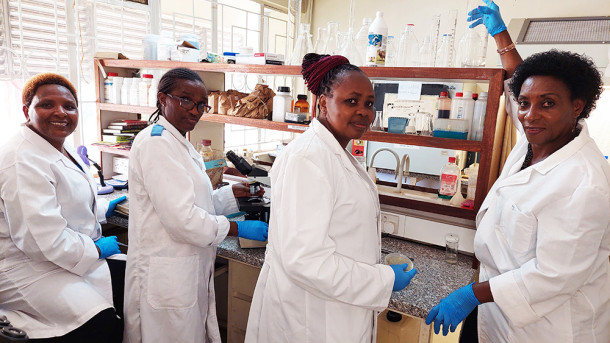
Eight winning teams of grants for gender equity and climate action were announced today at an event at COP27, the 2022 United Nations Climate Change Conference, on 15 November. The projects have three common themes: to strengthen gender equity; to address the climate-related needs of local communities; and to transfer knowledge from scientific research to real-life scenarios.
The eight projects vary from seeking to establish sustainable home-gardens in Guatemala, to advancing climate literacy among women in Western Nepal and empowering women to improve local livelihoods through agroforestry in the Republic of Congo. The other projects will take place in Bangladesh, Kenya, Nicaragua, Tanzania, and Uganda.
The projects are entirely led and conducted by women researchers. They are made possible by a new grant programme emphasizing gender equity and climate action from UNESCO-TWAS with support from the Elsevier Foundation.
These project grants are awarded to teams of between two and five women for scientific projects with the potential to produce tangible change. The leader of each project is a woman scientist, holding a PhD, living and conducting scientific work in a science- and technology-lagging country (STLC). Their team members are either scientists or technical experts in a field relevant to the project, from any developing country. Sustainable Development Goal 13, which calls for urgent action to combat climate change and its impacts, will guide these projects.
The awards follow completion of a highly competitive process. The programme received 163 applications, and over 20 of these proposed projects were highly rated by the evaluators, making the final decisions a challenge — and demonstrating a strong need for support for such projects in STLCs.
TWAS is a UNESCO programme that works to support sustainable prosperity through research, education, policy and diplomacy.


